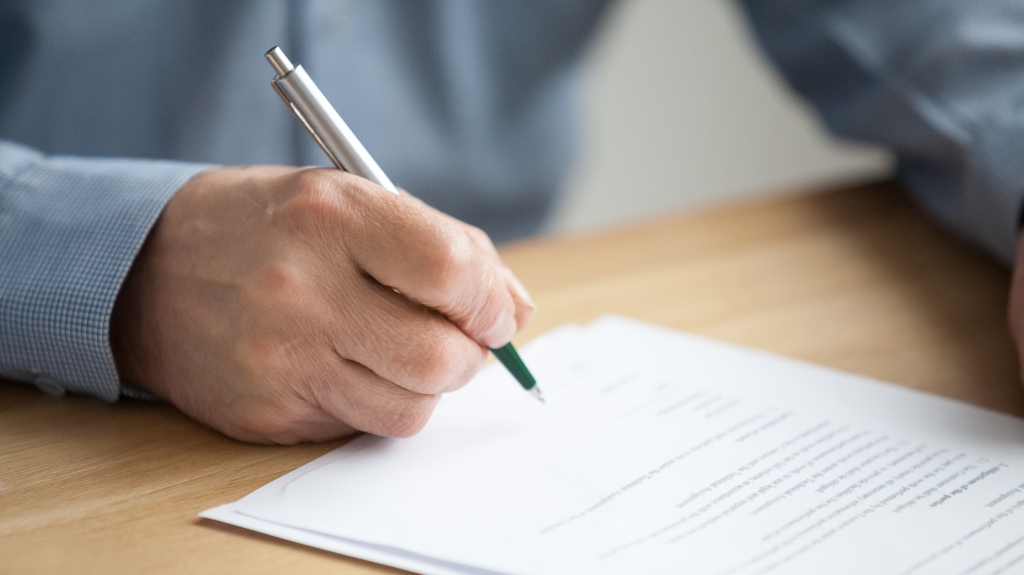
Estate planning is a great way to come up with a plan for the future, figure out how to manage assets and affairs during your lifetime, and provide your loved ones with a plan they can reference when you can no longer do so for yourself.
However, with all the benefits that estate planning can provide, many people are still on the fence about creating these plans because they either do not understand what estate planning is or how it can help them and their loved ones. That is why below we will go over some of the common estate planning questions individuals have in hopes of providing you with further clarity about this process and what it can mean for you.
Who Needs Estate Planning?
Unfortunately, many people tend to believe that only the wealthy few need an estate plan. However, the truth is that everyone needs an estate plan. It does not matter if you have no children, lots of children, minimal assets, or millions of dollars in the bank. Everyone should have a detailed plan for their future.
What Should You Have in Your Estate Plan?
Generally, estate plans will have several important documents, including:
- A Last Will and Testament or Trust
- Power of Attorney
- Living Will
- Health Care Directives
- Beneficiary Designations
Working with an experienced Louisiana estate plan attorney can help you understand each of these documents and determine which ones you and your family need.
What Are the Differences Between a Will and a Trust?
While both a will and a trust are estate planning tools that often work together to complete a person’s desires for the future, there are numerous differences between the two. For instance:
- Wills become effective when a person dies, while trusts are effective when they are created.
- Trusts tend to cover only the property or assets that are placed in the trust. However, a will covers anything the person creating the will owns solely.
- Trusts generally remain private, while wills are public records.
Even though both wills and trusts have pros and cons to them, speaking with a knowledgeable Louisiana estate planning attorney can help you better understand these options and figure out whether a trust or a will can work better for your circumstances.
What Happens To a Person’s Assets When They Die Without a Will in Louisiana?
In an individual passes away without a valid will, their estate will be handled according to Louisiana’s Intestate Laws. Unfortunately, this process is not very flexible and is not always in the best interest of the family’s needs.
That is why if you do not have a will, consider discussing your estate planning options with a knowledgeable Louisiana estate planning attorney as soon as possible.
Contact Losavio & DeJean and Learn More About Estate Planning in Louisiana
If you are looking for further information regarding estate planning and how this process can help you and your family, contact an experienced Louisiana estate planning attorney at Losavio & DeJean, LLC today to arrange a free case consultation.

